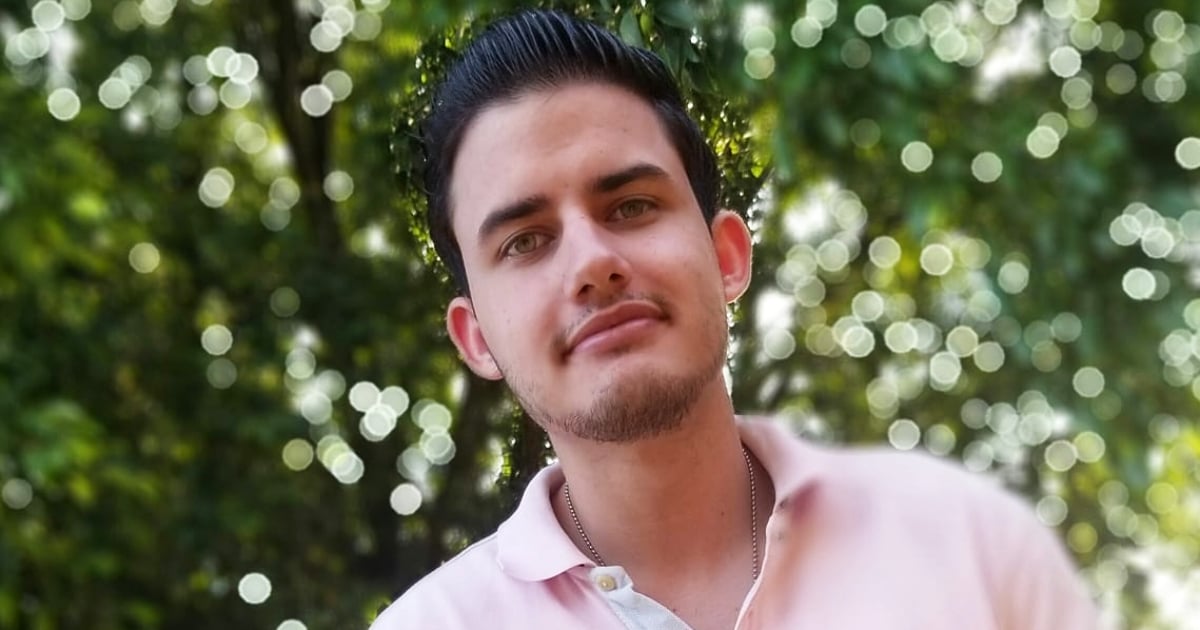Samuel Eugenio Crespo Martínez, a 26-year-old Cuban doctor, remains in critical condition after developing encephalitis, one of the most severe complications of the Oropouche virus. However, in the past few hours, there have been encouraging signs of his recovery, according to his former chess coach, Osmani Pedraza Ledón, who shared the update on Facebook.
"Although he is still listed as 'critical,' Samuel E. Crespo Martínez is now breathing on his own, the rash has appeared, and he has recognized people. God is great, and we hope that this young chess player and doctor will soon overcome this tough situation," Pedraza Ledón stated.
The term "rash" is often used to describe the appearance of a skin eruption, frequently associated with viral illnesses.
Pedraza Ledón, who has closely followed Samuel's condition, shared with his followers the hopeful news that the young doctor has begun to breathe independently and recognize those around him, although his condition remains delicate.
Samuel, originally from Cabaiguán in the province of Sancti Spíritus, has received numerous messages of support on social media since news of his critical health status emerged.
Isabel Simón Serrano, a close friend, was among the first to call on the community to join in prayer for Samuel's recovery, describing him as a "good boy" and a "wonderful doctor."
Impact and Response to the Oropouche Virus in Cuba
The illness endangering Samuel's life is caused by the Oropouche virus, an arboviral disease that has had a significant impact in Cuba since its detection in May 2024.
According to Cuban health authorities, more than 400 cases have been confirmed on the island by August, making Cuba the second most affected country in the Americas, surpassed only by Brazil.
Transmitted by mosquitoes, the Oropouche virus presents symptoms similar to dengue, such as high fever, muscle pain, joint stiffness, and nausea. However, the more severe complications include encephalitis and meningitis, both inflammations of the membranes surrounding the brain and spinal cord.
The scientific and medical community is closely monitoring Samuel's progress, as his case has become a symbol of the fight against this disease in Cuba.
Despite the severe situation, the signs of improvement have brought a glimmer of hope, not only for his family and friends but also for a community closely following every update on his condition.
Samuel's case also highlights the deficiencies in the Cuban healthcare system. According to statements by the Minister of Public Health, José Ángel Portal Miranda, the system faces challenges in adequately diagnosing and treating this illness due to a lack of resources. This situation has raised concerns among the population and prompted health authorities to issue alerts to prevent the virus's spread.
Meanwhile, the community in Cabaiguán and other parts of Cuba remains united in spirit and thought, hoping that Samuel continues to show signs of recovery and can overcome this difficult chapter in his life.
Understanding the Oropouche Virus and Its Impact
The following questions and answers provide additional insights into the Oropouche virus, its symptoms, and the current situation in Cuba.
What are the main symptoms of the Oropouche virus?
The Oropouche virus typically presents symptoms similar to dengue, including high fever, muscle pain, joint stiffness, and nausea. Severe complications can include encephalitis and meningitis.
How is the Oropouche virus transmitted?
The Oropouche virus is transmitted through mosquito bites. Preventive measures include using insect repellent, wearing protective clothing, and eliminating mosquito breeding sites.
What is the current situation of the Oropouche virus in Cuba?
As of August 2024, over 400 cases have been confirmed in Cuba, making it the second most affected country in the Americas, after Brazil. The Cuban healthcare system is facing challenges in managing the outbreak due to resource limitations.
